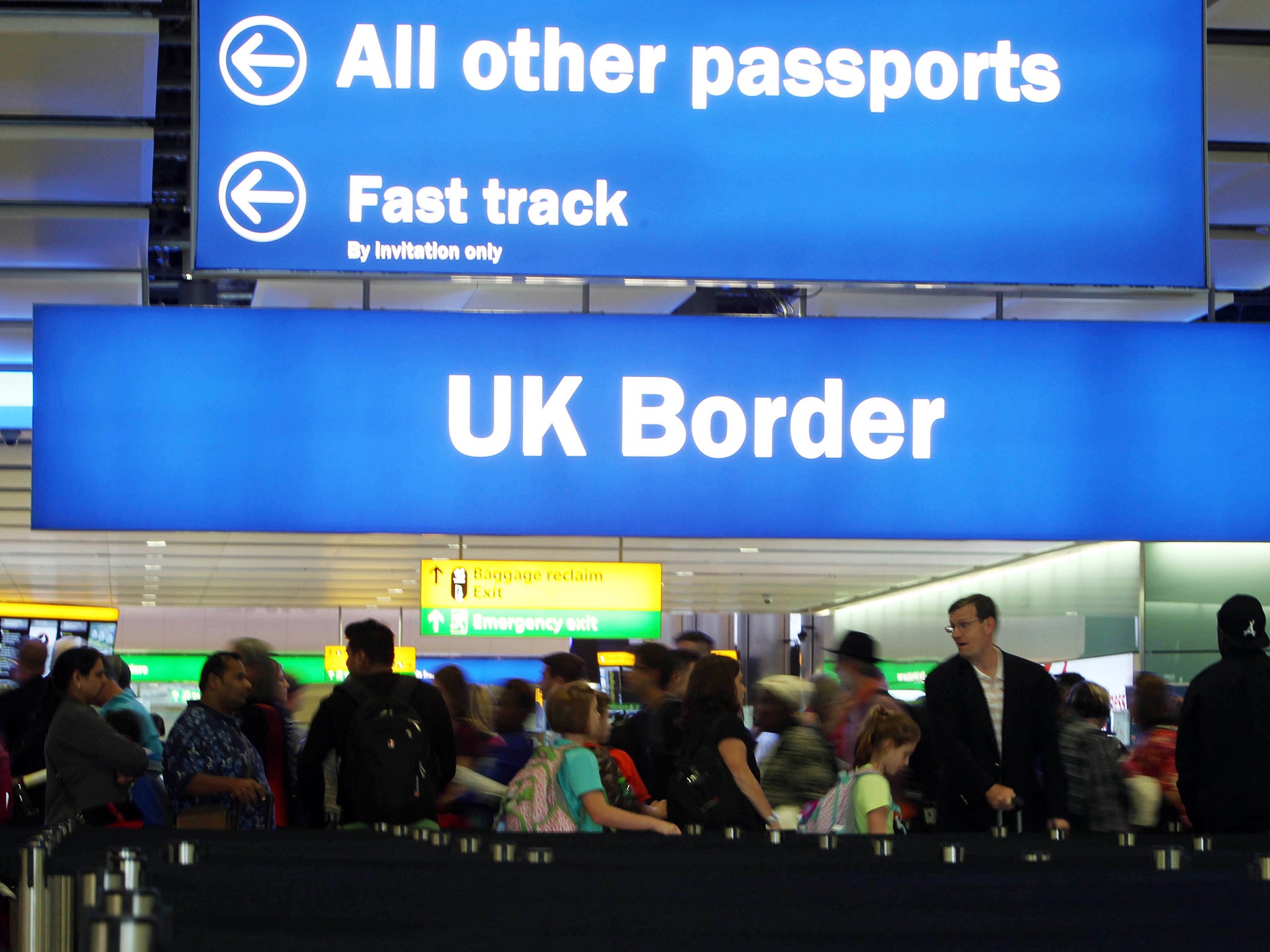Theresa May suppressed up to nine studies that found immigration does not hit UK wages, claims Vince Cable
'It showed that immigration had very little impact on wages or employment. But this was suppressed by the Home Office'

Theresa May suppressed up to nine studies that found immigration does not hit the wages or jobs of UK workers, Vince Cable has alleged.
The Prime Minister has repeatedly defended plans to impose tough curbs on EU workers after Brexit by arguing they are needed to protect Britons in lower-paid jobs.
But, the Liberal Democrat leader said: “When I was Business Secretary, there were up to nine studies that we looked at that took in all the academic evidence.
“It showed that immigration had very little impact on wages or employment. But this was suppressed by the Home Office under Theresa May, because the results were inconvenient.”
The claims come after the leak of draconian Home Office proposals for post-Brexit curbs on immigration, triggering a major political row.
The plans would strip all newly-arrived EU migrants of their rights to live permanently in Britain, imposing permits of between two and five years.
Last year, Ms May told the Conservative party conference: “I know a lot of people don't like to admit this. For someone who finds themselves out of work or on lower wages because of low-skilled immigration, life simply doesn't seem fair.”
But the claim was rejected by experts including at the Institute for Fiscal Studies, which argued immigrants also create jobs, expanding the opportunities for British workers.
Business leaders, defending the need for immigration, have argued that employment is at record levels, creating shortages in the UK workforce.
Meanwhile, a Bank of England analysis of higher migration found there was some evidence of lower pay, but of less than two per cent over eight years.
This was widely seen as a tiny impact in comparison with the other reasons behind wage stagnation in the decade since the economic crash.
Sir Vince added: “I remember it vividly. Overwhelmingly it has been the case that overseas workers have been complementary rather than competitive to British workers.
“The exodus of trades people, NHS staff and tech industry workers shows the potential damage of an extreme Brexit.”
Join our commenting forum
Join thought-provoking conversations, follow other Independent readers and see their replies
Comments